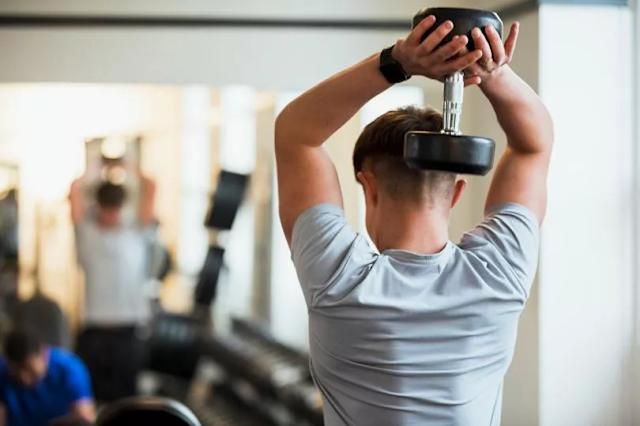Striking a Balance: Prioritizing Fitness at the Expense of Sleep

A survey of 1,500 regular exercisers found that 22 per cent of young adults confessed that achieving a toned stomach is more important to them than getting a decent amount of sleep, with many Gen Z and Millennials placing their fitness routine above proper sleep. Fitness Goals vs. Sleep: While the study showed that Millennials were most eager to exercise regularly to support their overall wellbeing – encompassing mental, physical and emotional health, when it comes to exercise, only 31 per cent have adjusted their sleep schedule to align with their fitness objectives. The study revealed that mornings are the preferred time for workouts among many adults, with 29 per cent exercising between 5am and 10am; meanwhile, 23 per cent opt for evening sessions spanning from 5pm to 9pm. Nearly half of the adults surveyed acknowledged a significant boost in their overall wellbeing after enjoying a good night's sleep. Challenges of Consistent Sleep: However, 30 per cent of Millennials found it difficult to maintain consistent sleeping and waking times each day, and 41 per cent struggle to put aside their phones and cut down on screen time an hour before bed. Sleep Training Partnership: The study was commissioned by Silentnight, which has partnered with Myvitamins to create a sleep training plan to help fitness fanatics manage their routines to build personalised, lasting habits for better energy, recovery and improved wellbeing. Dr Holly Milling, the in-house sleep specialist at Silentnight, says: "Sleep is a powerful performance tool and we don't need to choose between a six pack and good night's rest. High-quality, consistent sleep actually enhances performance and improves motivation and focus. Nurturing your sleep won't hold back your fitness goals, it will help you achieve them more effectively." Importance of Vitamins and Supplements: A representative from Myvitamins commented on the pivotal role of sleep in daily functions, noting: "Without the right amount of proper sleep, your day-to-day life can be severely affected, from your focus and mood to your energy levels and athletic performance. Supplements can help support better sleep, especially if your diet lacks specific nutrients. Magnesium has been shown to have a positive impact on sleep quality and can potentially help people struggling with sleep-related issues. They also highlighted the benefits of magnesium for sleep saying: "One of the main reasons magnesium aids in sleep is its ability to promote relaxation and calm the nervous system, helping people have a deeper, more restful sleep." Millennials are more likely to take vitamins and supplements, with 44 per cent of Gen Z following suit. Of the 53 per cent of all adults who have taken vitamins, reasons cited included boosting their nutritional needs, providing energy and supporting their sleep. Dr Holly added: "It's encouraging to see that more young people are starting to recognise the value of routine and recovery, but we still need to shift the mindset that sleep is a luxury or something to sacrifice in pursuit of fitness."